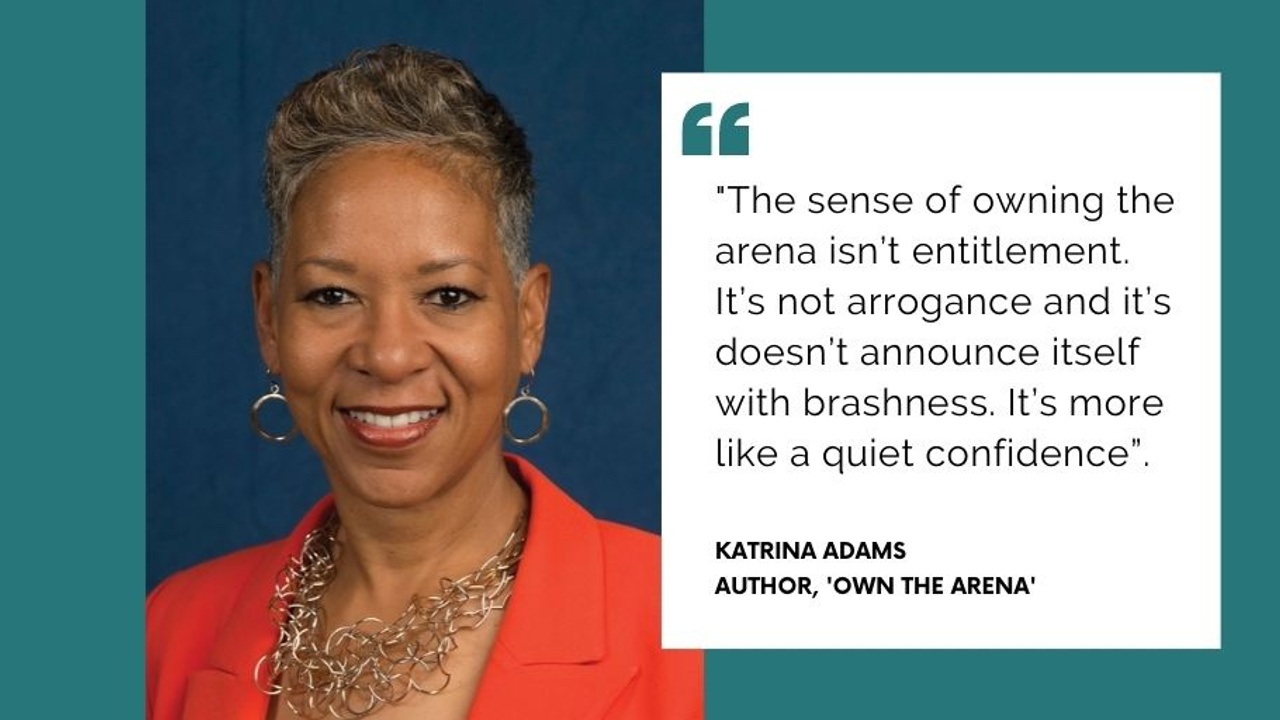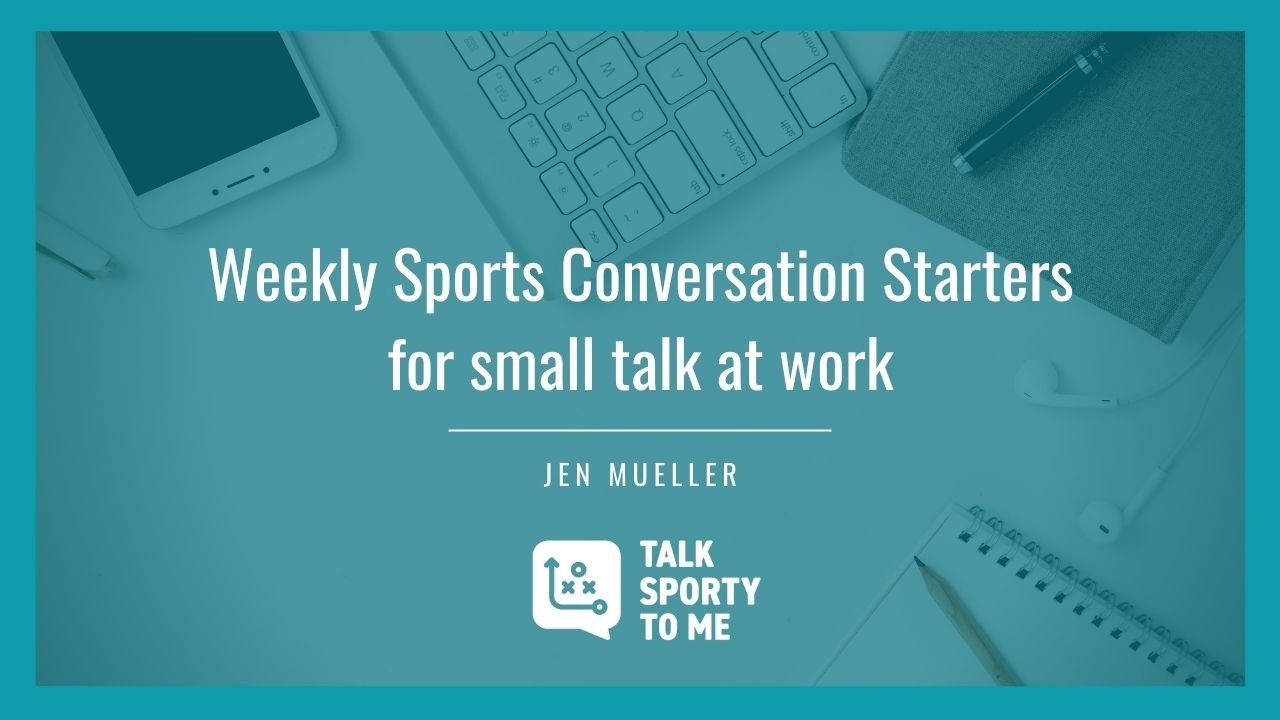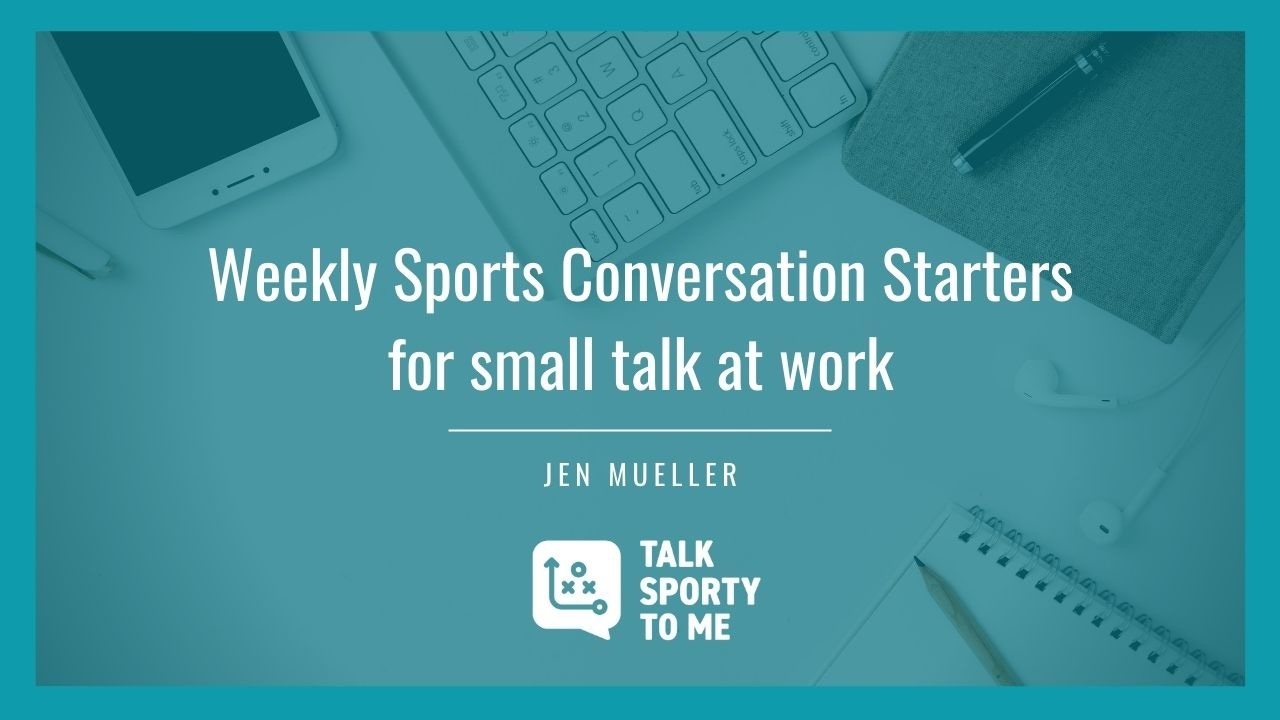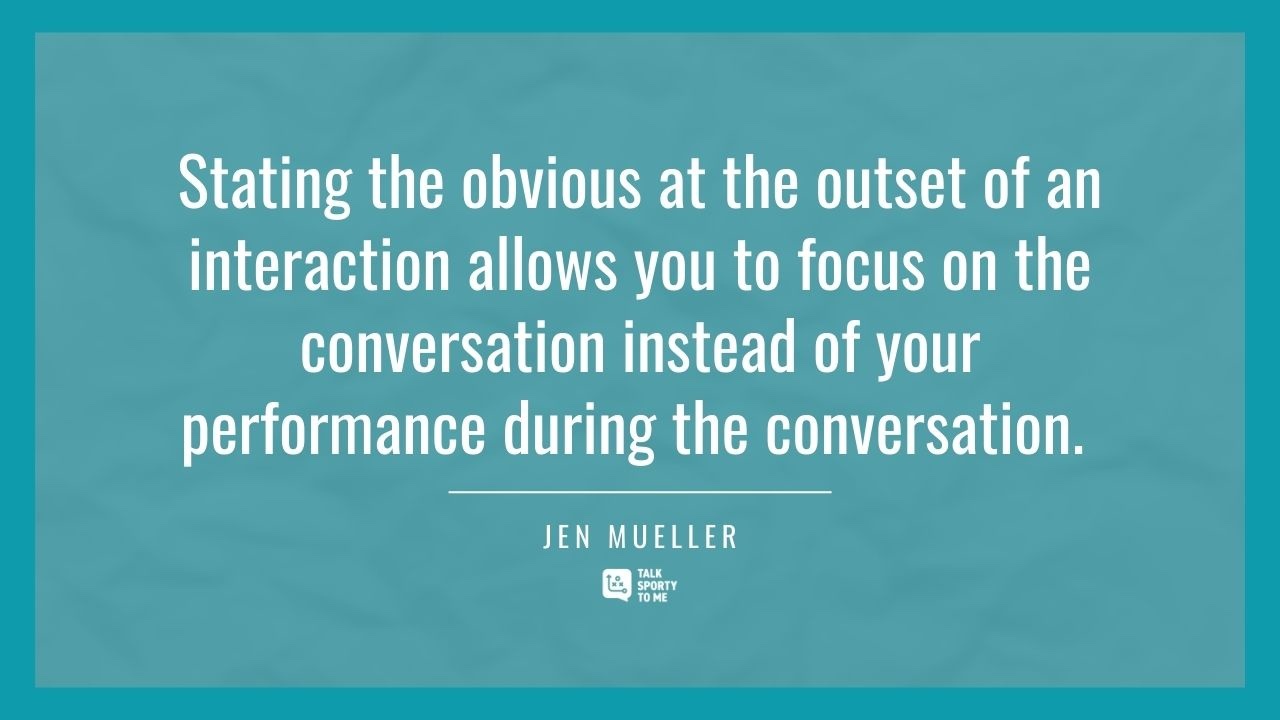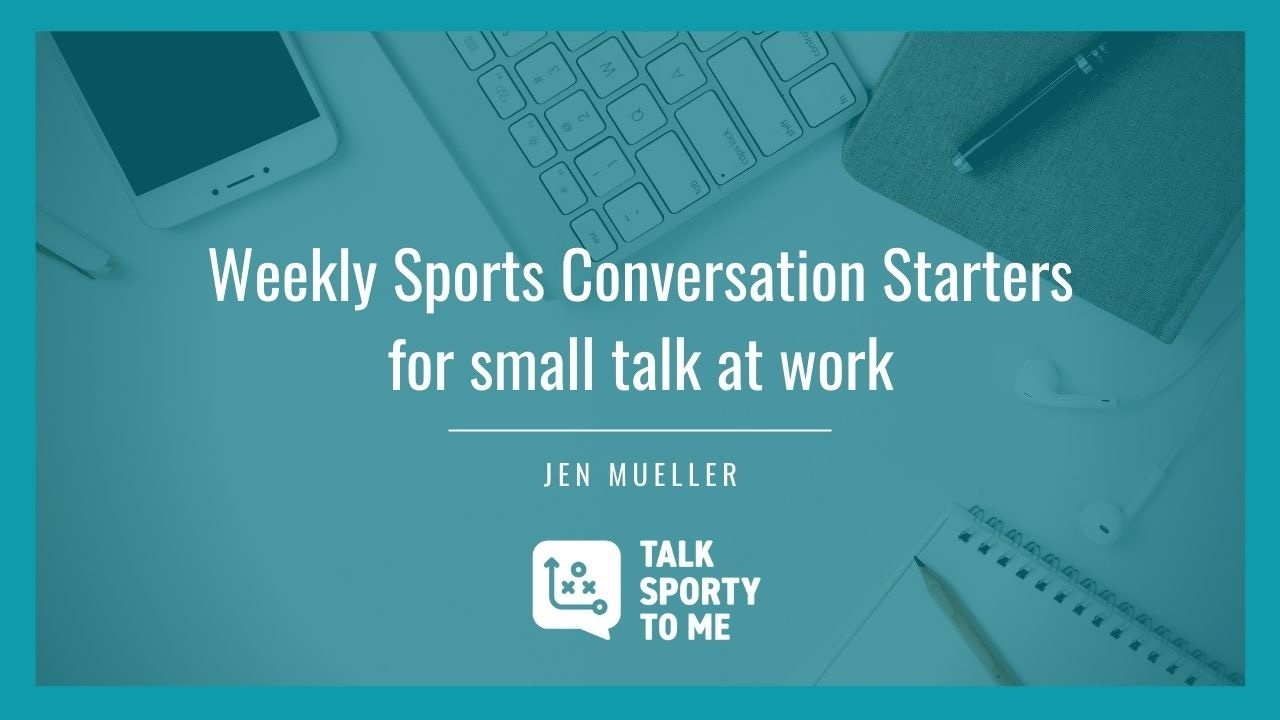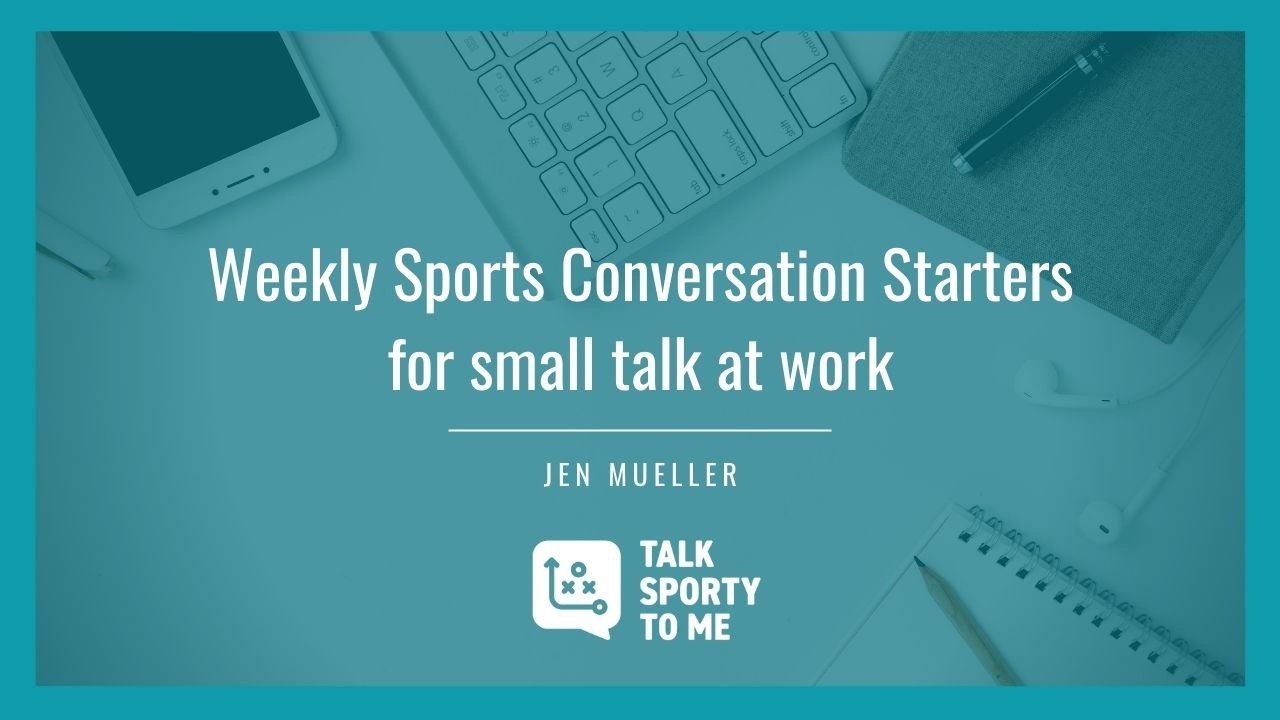Here’s a TV pro tip for making your eyes and your entire face look less tired – wear a dark or brightly colored shade of lipstick. The pop of color dr...
Your favorite athlete is part of your personal brand. There’s a reason you were drawn to that athlete. There are things you appreciate about the way t...
The NFL schedule was released yesterday. I love schedule release day. I actually enjoy most schedule releases because it allows me to plan, prepare an...
It should not come as a surprise to you there are topics you shouldn’t be talking about in casual conversation at work: politics, money, religion and ...
“We see each other as we really are, we break down barriers and form connections.”
This quote stood out to me almost as much as the headline of the a...
The NFL Draft isn't just about building a football team. It's talent evaluation being covered and talked about as a sports event.
Every leader and b...
Sports talk tip: The topic you start with isn’t the only one worth talking about. Sports can be a springboard to other conversations and this week the...
It was the article in the New York Times that convinced me I should talk about me week. Fridays I generally post an update on my Instagram account tha...
I know there’s a lot of angst and anxiety around returning to work and I know part of that stress comes from the thought of social interactions. Talki...
You don’t have to share the same sports interests to have a sports conversation.
Which means you don’t have to predict the fandom of the person you’r...
"What's the No. 1 thing I can do to have a better conversation?" The podcast host asked me. "What do you think I'm missing out on?"
It was a great qu...
Everyone could use a good conversation starter these days because, “Have you gotten your shot?” and “Which shot did you get?” is a terrible way to sta...

